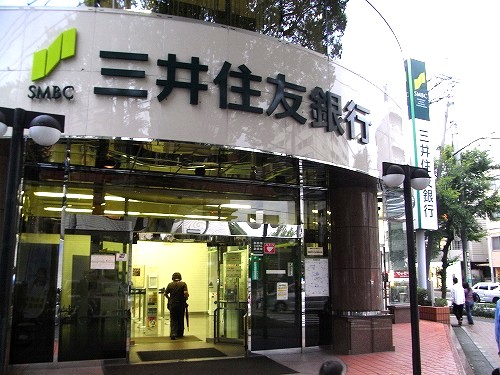Japan is a wonderful country, full of friendly people and vibrant culture that seems tailor-made to appeal to gaijin like us. Unfortunately, it also happens to be one of the most inefficient places on Earth. While J-List has always made use of the latest Internet technologies to serve our customers better, we often find the Japanese suppliers and distributors we deal with are a decade or more behind us, still sending us 20-page faxes every night rather than PDF files sent through email. I’m a huge fan of RSS, the system websites use to organize their data for easy distribution — incidentally, the J-List site has excellent support for RSS feeds, allowing you to automatically track certain types of products with tools like Google Reader — but of course no Japanese publisher supports RSS on their websites, making it harder for us to learn about their upcoming books and order them. There are some very inefficient job categories in Japan, like men whose job it is to guide you to an empty parking space when you arrive at the mall, or people who sit by a road, manually counting the number of cars that go by each hour so the city can track traffic flow. Over the past decade, J-List’s home city of Isesaki has been undergoing some major reconstruction, converting train tracks that run through the middle of the city to elevated tracks. On either side of some recently constructed raised train tracks — exactly at the “location” of the Shinonome Research Lab from Nichijou, as luck would have it — I noticed that there were always men standing on either side of the tracks, watching the road. It turns out that the clearance of the train tracks is a little lower than normal, so the men stand there to watch for trucks that might be higher than the 3.8 meter clearance and stop them before they try to cross under. Could you imagine being paid to stand and watch a road for 12 hours a day?

And another thing: Japanese banks close at 3 pm. It’s a plot to force men to get married!















